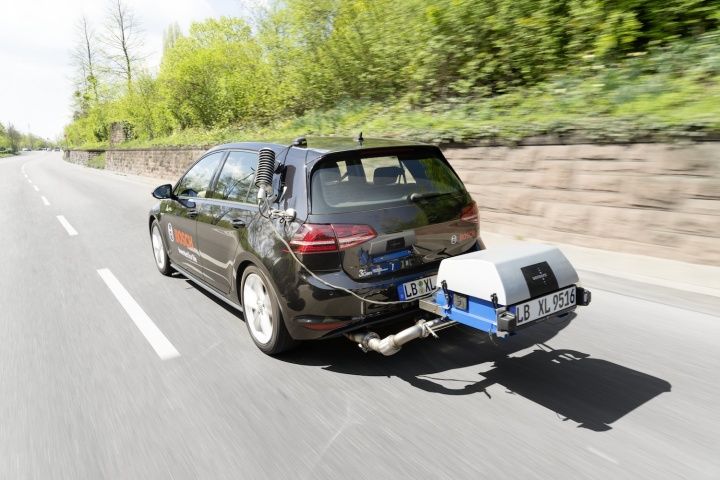What's the news?
Bosch is claiming it has ended the diesel debate for good with its latest technology, which drastically cuts harmful NOx emissions from diesel-powered cars - to a level ten times lower than the most stringent limits set for 2020.
Dr Volkmar Denner, CEO of Bosch, said: "There's a future for diesel. Today, we want to put a stop, once and for all, to the debate about the demise of diesel technology. Bosch is pushing the boundaries of what is technically feasible. Equipped with the latest Bosch technology, diesel vehicles will be classed as low-emission vehicles and yet remain affordable."
Bosch's engineers say the breakthrough was achieved in the past few months and uses a combination of advanced fuel-injection technology, a newly developed air management system and intelligent temperature management. As a result, NOx emissions remain below the legally permitted level in all driving situations - whether the car is being driven slowly or quickly, in the winter cold or height of summer, and even when travelling in congested urban traffic or out on open motorways.
Vehicles equipped with this Bosch NOx-reducing tech emit 13 milligrams of NOx per kilometre (mg/km) in standard, legally-compliant Real Driving Emissions (RDE`0 - not the failing NEDC test, you'll note - and that's up against the 2020 target of no more than 120mg/km. Legislation brought in last year pegs the NOx limit at 168mg/km, which is a figure that is miles above what the Bosch diesels are kicking out.
Bosch even said that in 'particularly challenging urban conditions', where the test parameters were well in excess of legal requirements, the average emissions of the Bosch test vehicles were as low as 40mg/km, leading Dr Denner to add: "Diesel will remain an option in urban traffic, whether drivers are tradespeople or commuters."
The clever Bosch boffins achieved these spectacular results by refining existing technologies, so there are no extra components to push up the costs of diesel cars, and the measures also preserve all the traditional diesel benefits - namely, low fuel consumption and reduced CO2 emissions.
Anything else?
If all this sounds too good to be true, given the recent backlash that diesel has faced in the wake of the NOx revelations, then prepare for even better news: Bosch says this technology can go even further. The German company aims to use artificial intelligence to build on the latest advances, to the point that future combustion engines will - with the exception of CO2 - emit virtually no NOx or other harmful particulates from their exhaust pipes. "We firmly believe that the diesel engine will continue to play an important role in the options for future mobility," said Dr Denner. "Until electromobility breaks through to the mass market, we will still need these highly efficient combustion engines."





